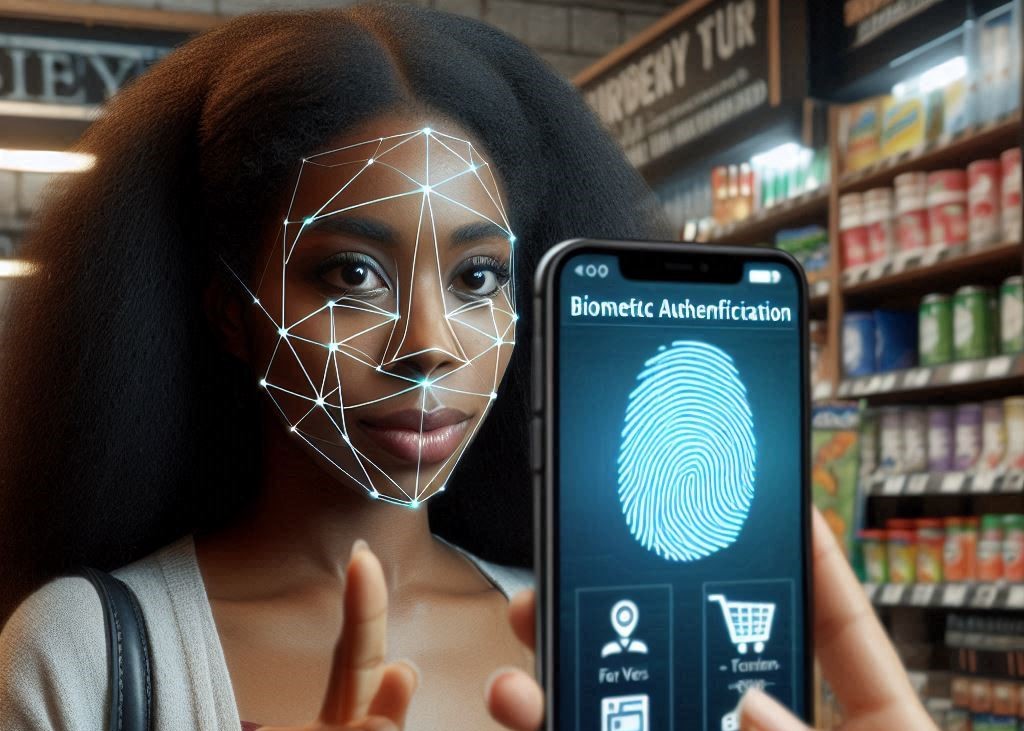People 'n' Issues
Digital identity can transform informal economy
A considerable SMME funding gap in SA could be relieved if informal businesses formalised.
South Africa’s informal economy contributes significantly to the GDP, while playing a crucial role in creating employment and sustaining livelihoods. But for this sector to grow, it requires access to credit. This means embracing digital payments so banks can securely verify the identity of their customer and extend finance based on the trading history.
Research by Accenture Africa in 2023 estimates South Africa’s informal economy to be valued at R178 bn. The same report stated that the informal sector accounted for approximately 42% of all employment and contributed close to 6% of the national GDP. At a Compound Annual Growth Rate of 14.17%, economists anticipated that 70% of all new jobs will be created by this micro economy.
To grow, businesses need access to finance to invest in inventory or infrastructure. Yet without a traditional banking profile or business transaction history, this is difficult. Entrepreneurs are restricted to borrowing from friends, angel investors or micro-lenders and loan sharks, often at prohibitive interest rates. There is currently a considerable SMME funding gap in SA, which could be relieved if informal businesses formalised.
“The informal sector has reached a critical turning point in its growth path, and digital solutions could help give these dynamic entrepreneurs the support they deserve,” says Gur Geva, CEO of African-based biometric identity verification company iiDENTIFii.
The informal economy needs access to credit to grow
The informal or ‘kasi’ economy is one of the fastest-growing contributors to South Africa’s GDP. Yet, the informal nature of this sector comes with its own set of risks. The cash-based nature of transactions leaves entrepreneurs open to theft and with a target on their back for corrupt officials. While these cash-only transactions give entrepreneurs the security that they will not be subject to bank charges and over-taxation, they also prevent business owners from accessing secure and affordable credit to expand their business.
The informal sector therefore needs to be properly connected to government and businesses so that opportunities to collaborate, learn and grow are created.
“South Africa’s entrepreneurs in the informal sector are innovative, relevant and responsive to the fluctuating needs of their large customer base. Imagine the potential that could be unlocked if their capital were secure, and they were provided with adequate capital to extend their businesses even further?” Says Geva.
Banking for the informal economy, and beyond
Banks such as Standard Bank cite the benefits of formal banking for informal entrepreneurs, from access to credit to improving productivity and increasing salaries.
The United Nations Capital Development Fund (UNCDF) proposes a collaborative approach between fintechs and traditional financial service providers, with rural or informal lenders serving as the last mile for funding. While informal consumers have stereotypically been seen as averse to any form of banking, attitudes on the ground are changing.
Ask Afrika’s Annual Kasi Brands Survey states that, “A growing number of township consumers are focusing on their finances and have credit cards. An increasing number of consumers believe it’s important to have a budget or financial plan, have insurance and save for retirement.” Regardless of how informal consumers and entrepreneurs access finance in the changing financial landscape, there is one factor that will make this simpler and safer: digital identity.
How digital identity could transform the informal economy
Mobile banking and payments are growing increasingly mainstream. Entrepreneurs need a secure digital identity that enables them to access their funds, trade across borders (in Africa and beyond) and gives them access to the finance they require to expand. Through establishing a digital identity and linking it to their business, either through their banking or alternative data such as a positive telecommunications history, they can build a positive credit profile, which will enable them to access finance from banks (and even government grants) to grow their business further.
Picture a street vendor proudly managing her vegetable stall by the roadside, which not only supports her livelihood but also nourishes her community with fresh produce. She no longer has to worry about being robbed on the way home. Instead, she holds up her entry-level device that allows her customers to pay via QR code of Whatsapp banking. No physical cash needs to be exchanged, and this income goes towards creating a credit profile that illustrates the full scale and regular income generated by her business. Even if her phone is stolen, her money is safe, because it requires the use of her unique face identification to access it.
“Biometric face authentication, especially 4D liveness, ensures that a person is genuine and transacting in the present moment,” says Geva. “This is a critical layer of authentication for all customers, particularly those who are previously unbanked. This is because liveness works from the moment of onboarding to a new bank account, to authenticating each subsequent transaction. People are able to do this without going into a bank – a task that can be prohibitive to those living in rural areas. We meet customers where they are, which we can do because as a SA born company, we understand the realities of South Africa.”
The bridging between the informal and formal sector in the digital age is a potentially transformative inflection point for the South African economy. While the practicalities of this shift remain an ongoing conversation, there is no question that scalable biometric identity will be a critical catalyst for positive change.


















